Non-Economic Loss and Damage (NELD): policy gaps and recommendations
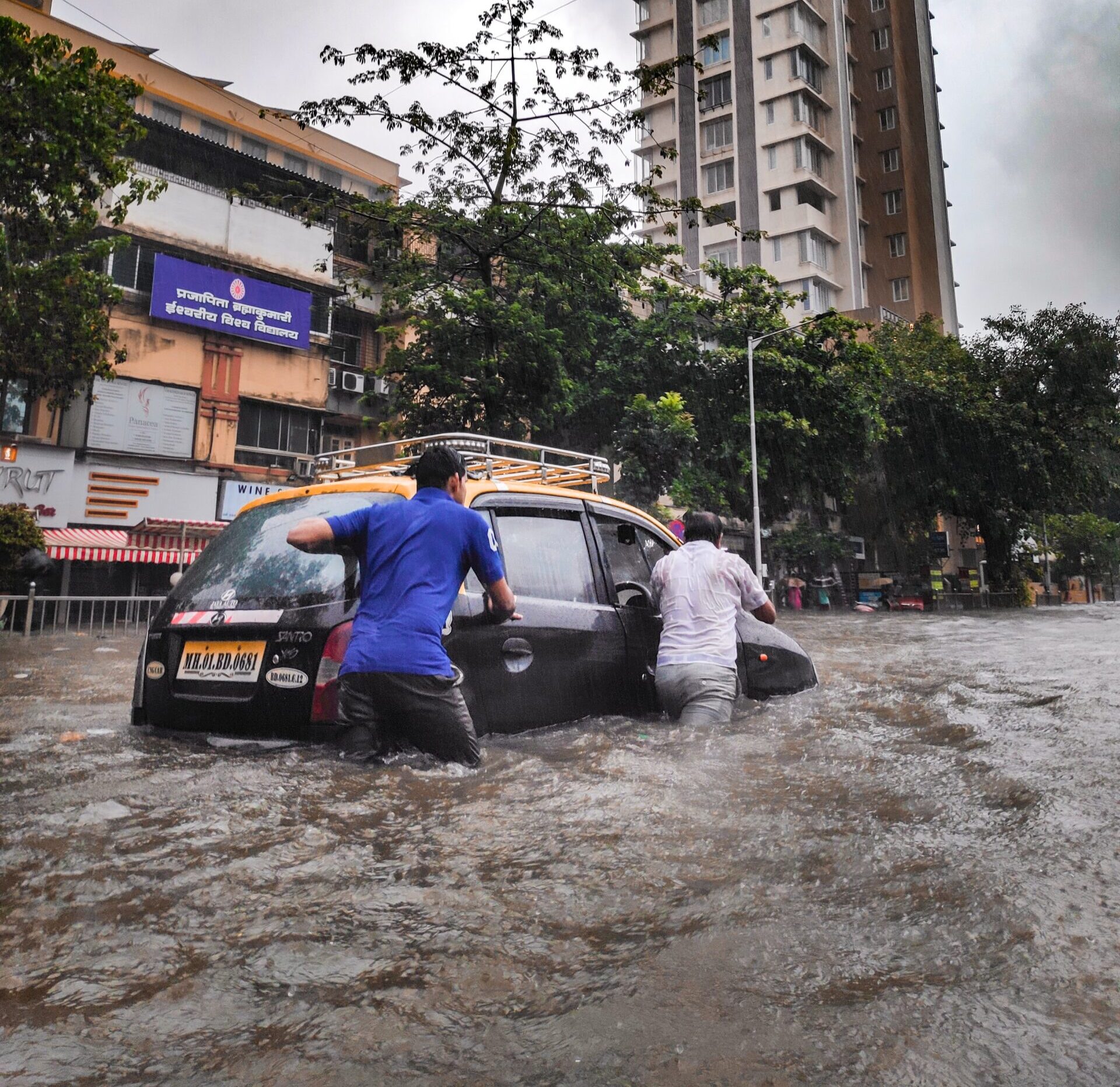
Summary
For a generation defined by remarkable challenges and intensifying climate catastrophes, the concept and definition of non-economic loss and damage (NELD) has emerged as a crucial component of discussions surrounding climate change adaptation and mitigation strategies. Non-economic losses fall under a wide range of intangible impacts, such as loss of human lives, displacement, migration, loss of cultural heritage, health impacts, biodiversity decline, loss of livelihoods, social and psychological impacts, erosion of traditional knowledge, and degradation of ecosystem services.
This policy brief analyses the existing policy gaps concerning non-economic loss and damage and proposes recommendations for improvements. By identifying areas of concern and offering actionable suggestions, the authors seek to strengthen policy frameworks and enhance the recognition, prevention, and response to non-economic losses and damages.
The brief calls for a more comprehensive and integrated approach to NELD in national and international climate change policies. By addressing the non-economic dimensions of loss and damage, we can enhance the responses to climate change in line with the inherent dignity, rights, and well-being of all communities and individuals affected by these impacts.
This article is an abridged version of the original text, which can be downloaded from the right-hand column. Please access the original text for more detail, full references, or to quote text.
Introduction: The role of non-economic factors in bridging the development gaps
Non-economic factors are considered building blocks to enhance existing development gaps and to strengthen the economy. Healthcare, quality education, and social services are vital for addressing inequalities, improving productivity, and enhancing and building human capital. Putting trust and leadership in the hands of communities allows social cohesion and inclusivity to exist, reducing inequalities, fostering political stability, and enhancing sustainable development. We must also take into consideration the rule of law, transparency, the effectiveness of governance, and accountability which are non-economic factors that pave the way for equitable resource distribution and economic growth.
Consideration of NELD promotes societal cohesion, local economies, and tourism, allowing the protection of cultural heritage and social identity, and reduces regional disparities. Understanding and addressing these non-economic factors are imperative for achieving inclusive and sustainable development.
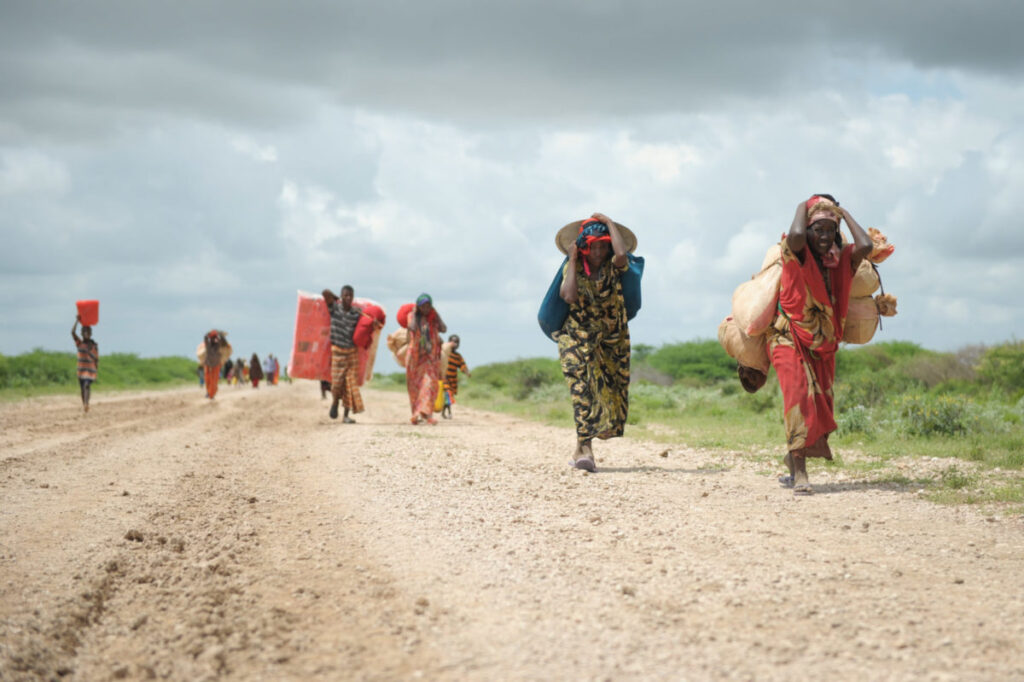
Study methods
The recommendations are based on 10 structured interviews with Loss and Damage Youth Coalition (LDYC) members, policy experts, climate experts and environmental activists from Africa, Asia, America, Europe and the Caribbean conducted over the period of August 2023 to October 2023.
The interviewees were selected to uncover experts’ definition of the non-economic loss and damage and to understand the different perspectives on the policy gaps identified through this policy brief. The first question was about defining NELD and the last question was about ensuring the equitable distribution of resources based on the definition they provided at the beginning. Four of the interview respondents were women.
The interviews were transcribed and analysed qualitatively through thematic content analysis. Using NVivo software to identify themes and stories and extract relevant direct quotes. In addition to, the further research and literature review that were done by LDYC members.
Documentation from COP, SBs and GST was reviewed to enhance the recommendations proposed in this policy brief.
Existing policy gaps
- Inadequate assessment and monitoring with insufficient financial mechanisms: There is a lack of standardized methodologies and tools for comprehensive assessment and monitoring with regard to NELD. Moreover, existing financial mechanisms to address non-economic loss and damage, such as risk pools and climate funds, may be insufficient in terms of scale and coverage.
- Limited integration in national policies: NELD considerations are not consistently integrated into national climate change policies, development plans, and disaster risk reduction strategies.
- Lack of adaptation and resilience strategies while considering the inequitable distribution of impacts and resources: While there may be efforts to address economic losses, the incorporation of non-economic aspects may be inadequate. Policies should ensure equity and justice in the allocation of resources and support.
Non-economic factors needed to close the policy gaps
Governance effectiveness:
It is essential to integrate approaches such as the Disaster-Risk Reduction and Climate Change Adaptation frameworks focused on pre-and post-disaster assessment. Additionally, economic valuation methods such as wealth and capital accounting and cost-benefit analysis can be applied to assess NELD alongside other approaches.
There has been a lack of enthusiasm for integrating NELD concerns like health and gender into current climate change and crisis relief policies and strategies. There is a noticeable deficiency in implementing these policies due to insufficient funding, hindering meaningful engagement between communities and policymakers.
Rule of law:
Lack of adequate and comprehensive methodologies and tools for assessment and monitoring hinders accurate measurement and understanding of NELD. Regulations should establish assessment and monitoring processes through a defined framework designed to incorporate NELD in decision-making.
‘Layered’ financial instruments can address the complexity of loss and damage risks at national and local levels. This will ensure that the right type of finance can be delivered to the right interventions, place, and at the right time, in ways that are locally accessible, flexible, and appropriately targeted.
Transparency:
Due to climate change impacts, such as extreme weather events (e.g. droughts and floods), the poor and most vulnerable have been significantly impacted, 70% of which have been women. Women must be included in decision-making processes.
It is crucial to develop integrated assessment frameworks for NELD, as they enable key stakeholders to integrate the various aspects of non-economic loss and damage into their interventions. Accessible and high-performing data collection mechanisms are necessary to support informed decision-making.
Limited analytical capacity, especially in developing nations, presents significant obstacles in conducting thorough assessments and monitoring necessary to address these challenges.
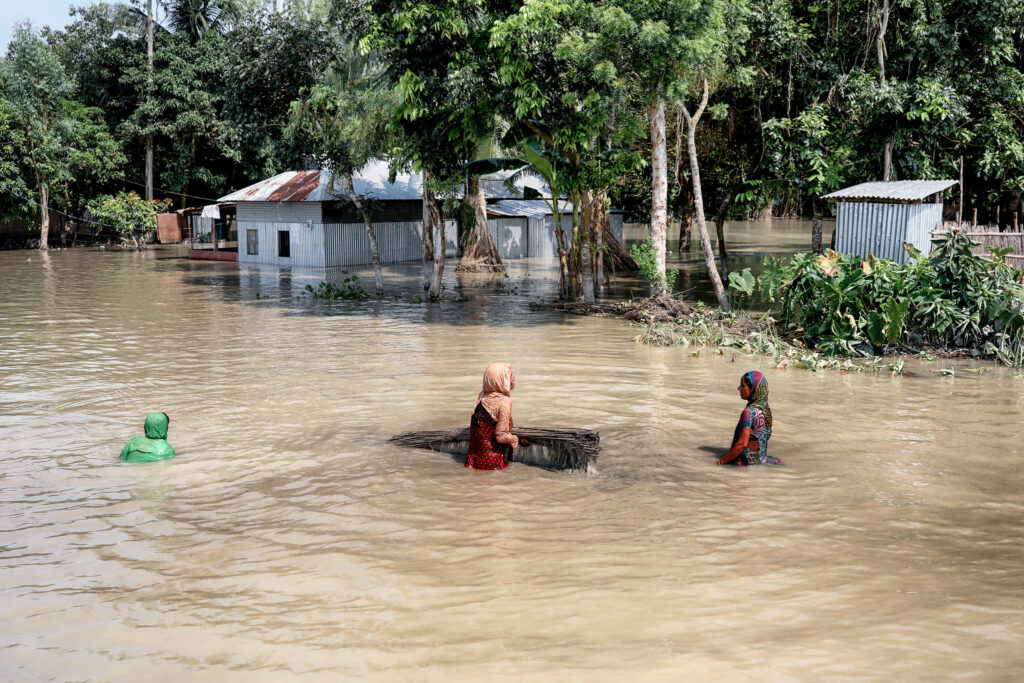
Accountability:
Many NELD items are intangible and do not occur in distinct units. Although standardised measurements exist for some items (e.g. health), others have not been subject to systematic assessments.
Communicating the importance and meaning of NELD is equally challenging – in particular assessing and reporting NELD in a way that respects different contexts and values, while still reaching decision-makers accustomed to quantified information. Non-economic factors are often undervalued or not rightly accounted for in policy frameworks.
Recommendations
Here is a summary of key recommendations from the brief. For more details, please real the full document.
- Establishing the NELD Framework to be approved by the members of the Warsaw International Mechanism Committee and by the UNFCCC.
- Establishing Prevention and Preparedness Framework for Loss and Damage.
- Evaluating current plans to address loss and damage, recognising that evaluation is the stage at which the significance of non-economic losses is defined. Adaptation options can be assessed in relation to their impacts on non-economic losses.
- Supporting and empowering local leaders by enabling them to take charge and executing initiatives that revolve around the needs and aspirations of their community members. By implementing work plans and objectives that are driven by local input, we can create an environment where resilience thrives at the grassroots level.
- Enhancing the understanding and awareness of the full safety systems for dealing with loss and damage.
- Strengthening coordination, coherence and synergies among relevant stakeholders engaged in and or/affected by loss & damage.
- Facilitate international cooperation and support needed in addressing NELD.
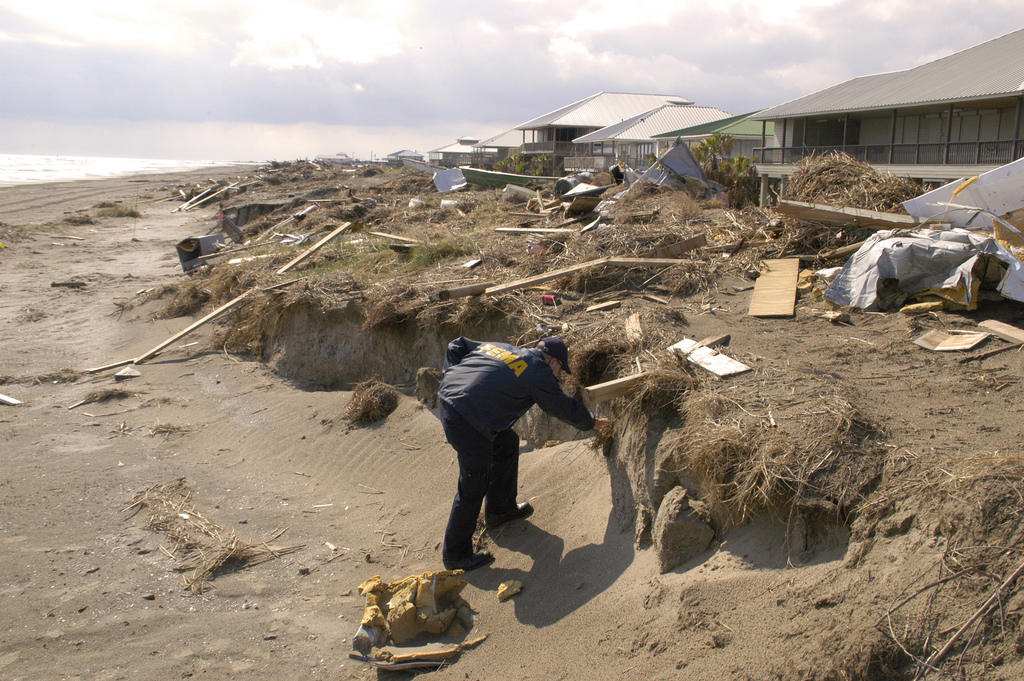
Suggested citation:
Chukuma Matthew, Excel O. Amaefule, Ireen Twongirwe, Kabo Nginya, Mildren Juma, Nicolas Gaulin, Paul Chukwuma, Sricharan Nimmalapalli, Samuel C. Okorie (2023). Non-Economic Loss and Damage. Understanding and Addressing Response Gaps. LDYC Policy Brief. LYDC.
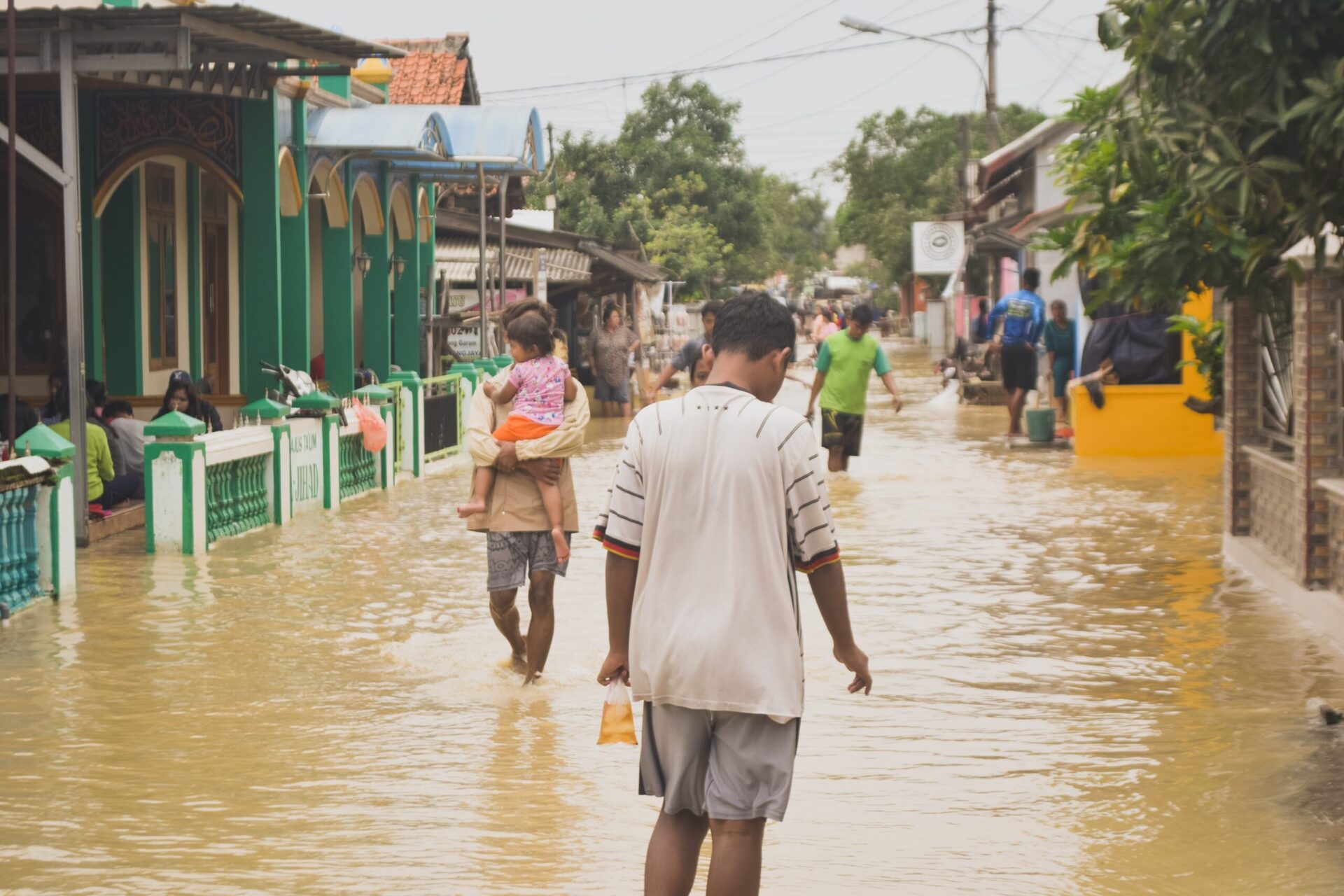

(0) Comments
There is no content